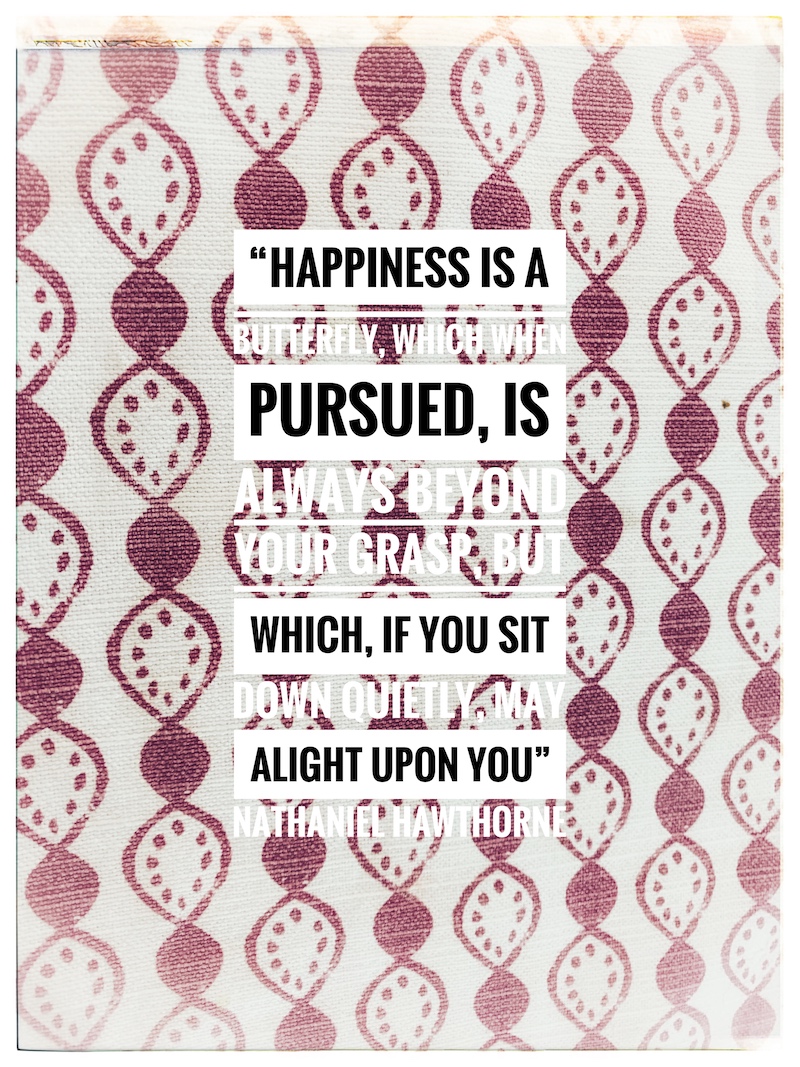
I am having lunch with a friend and I am running late. I’ve written multiple emails on my phone on the tube in, used it to navigate myself to the coffee bar, sent a last-minute text from the loo before I go to the table – and as I sit down, out of breath, I place my phone beside me.
I ponder, shall I remove it and put it in my bag. I am funny about phone etiquette and those of you who read my blogs regularly will know that one piece of research shows that even having your phone in your pocket during a conversation is distracting for the mind.
I clock my colleague’s phone on the table – face down – so I leave mine.
It’s a long-ish meeting, during which she checks messages multiple times – politely, with concerned explanation. I wonder how distracting that must be for her, does it mean she is not listening, maybe I should leave early if she is busy? She goes to the loo. And I reach for my phone. It’s been 90 minutes, so a few emails may have come through – but I am technically this week on holiday, there is nothing urgent happening, so why oh why did I pick up my phone?
I could have just sat quietly, looked out of the window at the beautiful view, taken in the moment and my surroundings. I would have done that pre-mobile phone era. But nowadays, this is not what we do so much. We distract… all too often with our phones and all too often unnecessarily. An email came through that I didn’t like, I felt my mood shift, my mind wonder and I was off.
Now I am not a hater of mobile phones, they have many positives as with all technology, but I found myself wondering whether I had become incapable of sitting alone, without distraction, and just ‘being’. Not meditating, not reading, not planning, just being.
And then my weekly Jeff Foster online session came around – and that was the very topic – addictions and distractions. How often do we distract from discomfort – emotional, physical or situational? Was I addicted to my phone? To distracting myself with mindless TV when I felt rough, to my to do list with never-ending tasks?
So I decided to reflect on my daily distractions – and whether they were healthy or unhealthy. And I wrote a list – in which my mobile phone appeared many times! Research has shown that distractions can be of great benefit when it comes to pain management, as well as generally lessening negative experiences. However, the reality is this is very useful if the situation is temporary, but if distractions are being used in the long-term to avoid life’s negative experiences or feelings, then this may venture into unhealthy territory.
Dr Jane McGonigal in her book SuperBetter: The Power of Living Gamefully talks about two modes for how we engage with distracting activities: self-suppression and self-expansion.
Self-suppression is using distractions to avoid negative experiences; while self-expansion is using distractions to promote positive ones. And the line between the two is fine, and personal. Playing a video game may be a positive expansion for one person, but for me may be a tool of avoidance if I use it regularly as an escape from an uncomfortable reality.
So at this point in time I am still pondering on my distractions. Some I feel are beneficial – at times they stop me from wallowing in sadness or worry, they distract from pain, they give me joy. However, my current curiosity leads me to look at if and when these distractions are avoidance techniques of something that lies deeper within. So I’ve decided further exploration is needed on this one! And I am off with Archie Archibald for a week in Cornwall to do just that. I’ll report back very soon.
